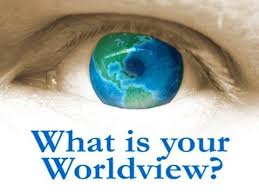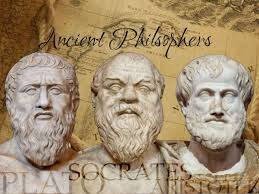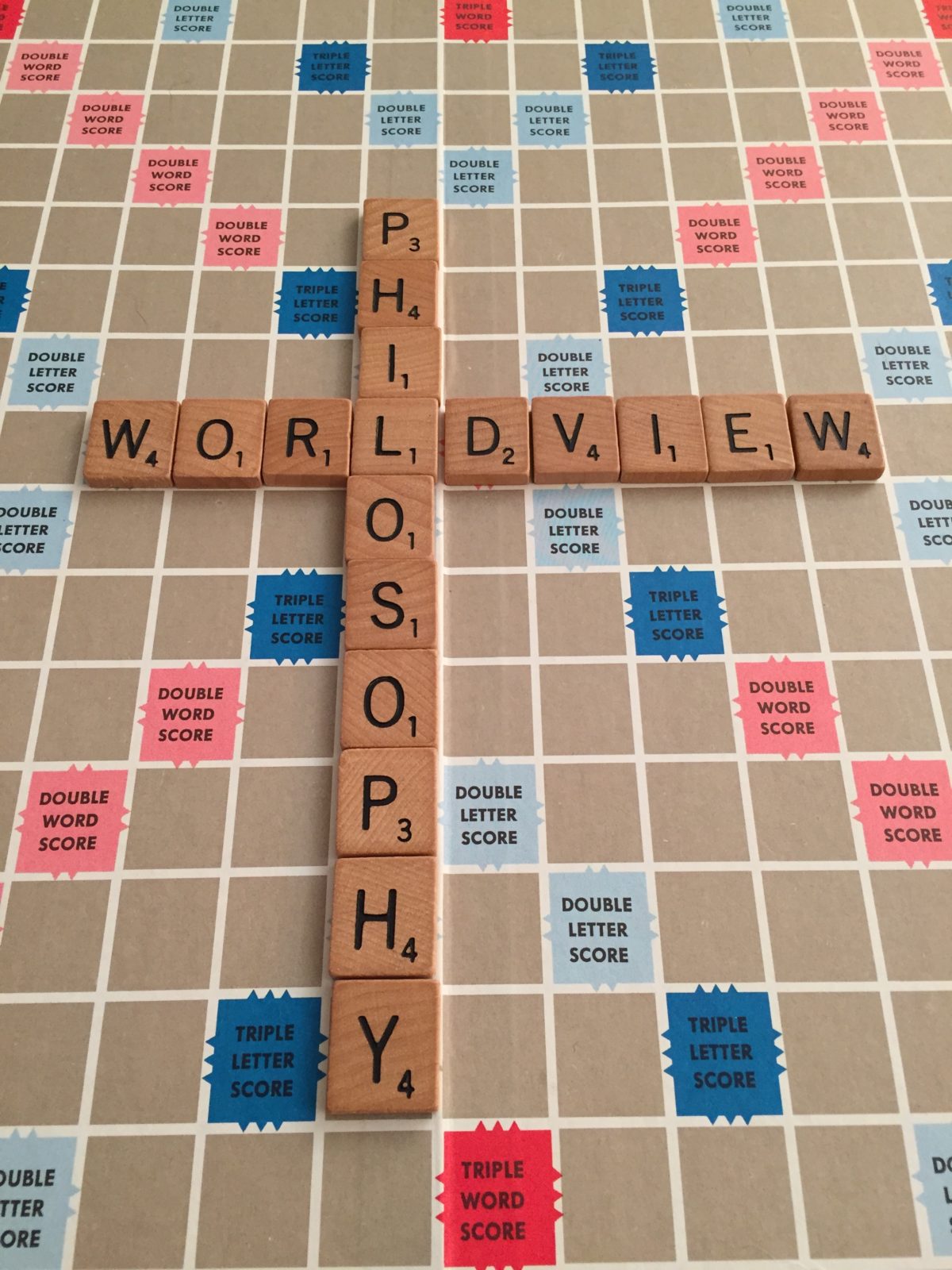Have you ever looked at your life postmortemistically?
Don’t try looking the word up in a dictionary, because it doesn’t really exist. A Google search will tell you postmortemistically doesn’t match any documents they have in their search engine. But it’s a great word The New Yorker cartoonist Roz Chast invented and used in her priceless memoir Can’t we talk about something more PLEASANT?
The back cover describes the book as: “Roz Chast and her parents were practitioners of denial: if you don’t ever think about death, it will never happen. [It’s] the story of an only child watching her parents age well into their nineties and die. In this account, … Chast combines drawings with family photos and documents, chronicling that ‘long good-bye.’”
The story is heartwarming, heart-wrenching, realistic, candid, and laugh-out-loud funny. I loved it, and her.
I can relate to Chast: I’m an only child of older parents, sandwiched between still raising children and working while watching a parent slowly die; and now, nine years later, watch another parent still battle—in spite near total blindness, loneliness, depression, and ravaged hearing—to hang onto life at 96, and probably beyond.
As all of this is occurring, and you’re aging too, you start thinking postmortemistically, even if you didn’t know to call it that.
Postmortemistically—a perfect word to describe what goes through your head when you’re cleaning out your parents’ “stuff” or getting rid of their “stuff” after they die.
Chast calls it a “transformative process.” And, indeed, it is. It’s a depressing, destabilizing, and physically and emotionally exhausting process.
She says, “Once you go through that process, you can never look at YOUR stuff in the same way.”
Like—
You acknowledge, even if you’re not a hoarder, that you’re probably a typical consumer who’s accumulated your fair share of stuff. Stuff that, at some point, will probably have to be given away, thrown away, or sold at one of those edifying “Estate Sales” where other people decide your stuff is worth making their stuff.

And the big life dilemma and question—
One day, your kids will have to go through all of your stuff. What will they find worthy of keeping, as a wonderful memory of you and your life?
And that prompts you to wonder whether or not you should start shedding your stuff before your children have to endlessly paw through it to see if there’s anything they might want to make theirs. You know, as heirlooms.
It’s something for all of us to think about no matter what stage of life we’re in. And being a postmortemistic thinker means a dramatic paradigm shift for many of us that requires some brain re-training and habit breaking. Like not heading to the mall every time a favorite department store or boutique has notified you by email of a sale. Just so you can save some money.
I started thinking this way about a year ago, as another one of my birthdays (and my mom’s) rolled around, and the end of my life definitely looked a lot closer to me than the beginning. When a lot of my “stuff” started looking more like junk, dust bunny collectors and storage space-gobblers than cherished treasures. And then I started thinking:
I don’t want my kids to have to dig through all of this stuff and try to make sense of it or decide what to do with it. Or, worse yet, argue over who gets it! (Both of them told me they wanted my sports car after I’m gone, right after I got it ten years ago!)
Now I’m regarding all of my belongings and purchases with a postmortemistic mindset. Not morbidly, just thoughtfully. What’s giving me joy and edification right now, definitely will in the future (when my memory is in the toilet), and what’s just taking up space or ordering my life more than it should?
Thinking that way isn’t morbid, although the word has a morbid ring to it.
It’s actually rather refreshing. And freeing.
I hope you’ll give it a go!
Next week, I’ll tell you how my postmortemistic paradigm shift is going.
In the meantime, please share how you’ve handled getting rid of or keeping your deceased parents’ stuff. Is it on display, or stored in a box in the attic, with the hopes that one day you’ll have it all neatly displayed in some gorgeous album (or display case) you painstakingly assembled and explained, for everyone to look at?
And if you’re at that point in your life right now, or know someone who is, I highly recommend getting a copy of Roz Chast’s book. At the very least, you’ll be permeated with happiness and relief that you’re not alone, that there are others whose minds, and lives, go through the same contortions yours does during the agonizing goodbye journey.
Until next week,
Happy Reading (and thinking postmortemistically)!
Andrea
May you prosper in all things and be in health, just as your soul prospers (3 John 2).
Photos courtesy of Google Images






